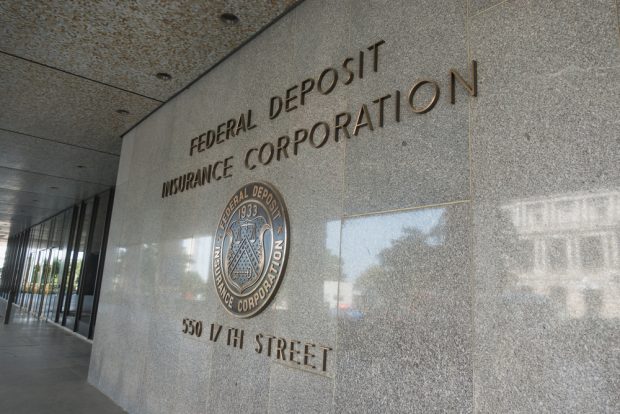SACRAMENTO, Calif. – As the nation's most populous state, California is not only politically important, it also boasts some of the nation's most expensive media markets which eat up candidates' money at a fast pace.
Bob Arnould, the California Credit Union League's senior vice president of government affairs, notes races for the state assembly and senate can run into millions of dollars.
In June the state held primary elections for a number of state and national offices. The campaigns may hint at what credit unions throughout the nation will see-and what they can do-as the November national elections draw close.
The California Credit Union League and a number of individual credit unions actively supported candidates considered credit union friends. In most cases, they backed a winner.
In primaries for the state assembly, all 31 of the candidates supported by the league for incumbent seats won. Of the 16 contenders supported by the league for open seats, only two lost.
Arnould says there was a very intense level of support for key candidates in important races, and there were an unusually high number of races of profound interest to California credit unions.
“It's important to recognize California has term limits. There was also a very gerrymandered redistricting plan passed six years ago so most districts were made safe for one party or the other. That means the big activity is the primary,” Arnould says.
One example was a special run-off election for the 50th Congressional District (San Diego). Brian Bilbray, a Republican supported by the league, narrowly defeated Democrat Francine Busby. They were contending for the unexpired term of former Congressman Randy “Duke” Cunningham, who resigned last December. “That was obviously a top concern for us,” Arnould says. “Bilbray had been established as a credit union friend when he served in Congress previously. We wanted to be sure we continued to have a credit union friend in that seat.” To accomplish that, Arnould explains, credit unions were involved in all facets of the campaign from fundraising to putting volunteers to work staffing phone banks, knocking on doors, sponsoring fundraisers and attending other fundraisers. As part of that effort, First Future Credit Union sent a direct mail piece supporting Bilbray to selected members in the 50th Congressional District. Bilbray won by only 4,600 votes, and the league believes the postcards helped secure the win. “It's been done a few times in credit union land so it's not unique, but we had decided we needed to get more people directly involved in campaigning and needed to start informing our rank-and-file membership who the strongest candidates are,” Arnould says. “So we were big with money, we were big with volunteers, and we were big with communication to key voters in the district. Doing all three things I think is unique.” Also in San Diego, in the 51st Congressional district Bob Filner-considered a credit union supporter-was on the ballot against California Assemblyman Juan Vargas, backed by banks. Every Friday afternoon before the election Filner visited a branch of a different credit union and spent a couple hours meeting members. The effort, which involved eight credit unions, ran from February through the Friday before the election. Overall, Arnould says, in these and other races “We had a very high batting average on the state side. We also ran six independent expenditure campaigns.” A league publication explains Proposition 34, passed by voters in November 2000, made independent expenditures the best way to support a candidate in California state campaigns. An “independent expenditure” is a contribution to support a candidate or measure, but is not made to or at the request of a candidate or committee. Using this provision the league's PAC spent $225,000 on six races. Each league-supported candidate won their primary.
Arnould sees as the most important of those six races the one in State Senate District 20. Incumbent Assembly member Cindy Montanez had supported banker legislation to tax credit unions. She was opposed by Los Angeles City Council member Alex Padilla, supported by credit unions. Padilla won with 56 percent of the vote.
In this and other races, Arnould says, “What we think was successful and what we worked to ramp up was our communication to credit union members. In California and Nevada, because we do both states, we have 10 million members.
“There are over 100 million in the country. We probably need to start communicating a clear message to those members about how the various candidates stand on our issues. I think other states are contemplating how to more effectively communicate with their members on political races,” said Arnould. [email protected]
© Touchpoint Markets, All Rights Reserved. Request academic re-use from www.copyright.com. All other uses, submit a request to [email protected]. For more inforrmation visit Asset & Logo Licensing.






